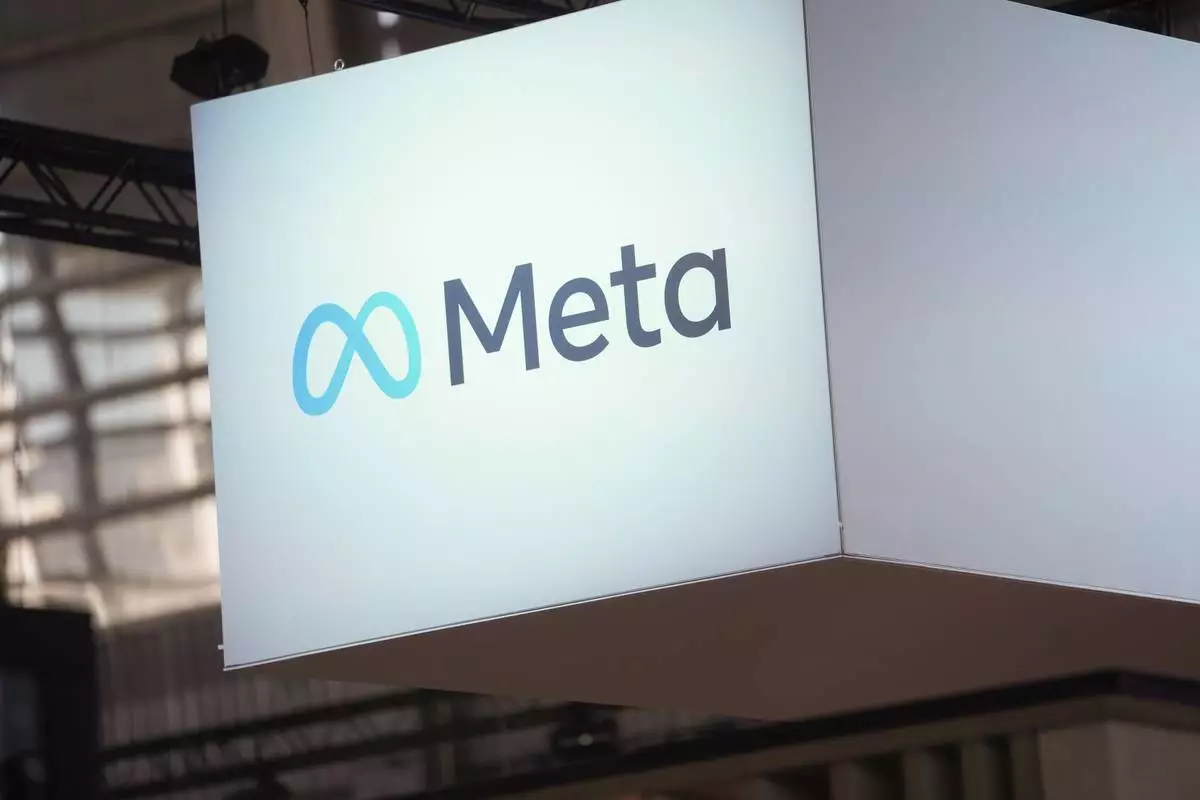NEW ORLEANS (AP) — Lawyers for the state of Louisiana asked a federal appeals court Wednesday to immediately block a judge's ruling ordering education officials to tell all local districts that a law requiring schools to post the Ten Commandments in classrooms is unconstitutional.
U.S. District Judge John deGravelles in Baton Rouge declared the law “unconstitutional on its face” in a lengthy decision Tuesday and ordered education officials to notify the state’s 72 local school boards of that fact.
The state plans to appeal the entirety of deGravelles’ order, but the emergency appeal at the 5th U.S. Circuit Court of Appeals is aimed at just one aspect of it. State attorneys say the judge overstepped his authority when he ordered that all local school boards be notified of his finding because only five districts are named as defendants in a legal challenge to the law.
Those districts are in East Baton Rouge, Livingston, St. Tammany, Orleans and Vernon parishes.
Superintendent of Education Cade Brumley and the state education board are also defendants in the lawsuit and were ordered by deGravelles to take no steps to implement the law.
But the state contends that because officials have no supervisory power over local, elected school boards, the order applies to just the five boards.
The law was passed by the Republican-dominated Legislature this year and signed by Republican Gov. Jeff Landry in June.
In Tuesday's ruling, deGravelles said the law has an “overtly religious” purpose and rejected state officials’ claims that the government can mandate the posting of the Ten Commandments because they hold historical significance to the foundation of U.S. law.
His opinion noted that no other foundational documents such as the Constitution or the Bill of Rights are required to be posted.
Attorney General Elizabeth Murrill, a GOP ally of Landry, said Tuesday that the state disagrees with deGravelles’ finding.

FILE - Louisiana Attorney General Liz Murrill speaks alongside Louisiana Gov. Jeff Landry during a press conference regarding the Ten Commandments in schools Monday, Aug. 5, 2024, in Baton Rouge, La. (Hilary Scheinuk/The Advocate via AP, File)
LONDON (AP) — European Union regulators issued their first antitrust fine to Facebook parent Meta on Thursday with a penalty of nearly 800 million euros for what they call “abusive practices” involving its Marketplace online classified ads business.
The European Commission, the 27-nation bloc's executive branch and top antitrust enforcer, issued the 797.72 million euro ($841 million) penalty after its long-running investigation found that the company abused its dominant position and engaged in anti-competitive behavior.
It’s the first time the EU has imposed a fine on the social media giant for breaches of the bloc’s competition law. Brussels has already slapped Big Tech rivals Google and Apple with billions in antitrust penalties.
The commission had accused Meta of distorting competition by tying its online classified ad business to its social network, automatically exposing Facebook users to Marketplace “whether they want it or not" and shutting out competitors.
It was also concerned that Meta was imposing unfair trading conditions with terms of service that authorized the company to use ad-related data — generated from competing classified ad platforms who advertise on Facebook or Instagram — to benefit Marketplace.
Meta's practices gave it “advantages that other online classified ads service providers could not match,” Margrethe Vestager, the commission's executive vice-president in charge of competition policy, said in a press release “This is illegal under EU antitrust rules. Meta must now stop this behaviour.”
Meta said in a statement that the decision fails to prove any “competitive harm” to rivals or consumers and “ignores the realities of the thriving European market for online classified listing services.”
The company said the Commission's case ignores the fact that Facebook users can choose to ”engage with Marketplace, and many don't." It said online marketplaces, including global sites like eBay, Europe-wide platforms like Vinted, and national services are continuing to grow.
Meta said it would comply with the Commission's order to end the offending conduct and not repeat it, but also vowed to appeal.
The case dates back to 2021, when European Union regulators and their counterparts in Britain opened dual investigations into the classified business. The British regulator wrapped up its investigation last year after Meta made concessions.
The company continues to face EU scrutiny on other fronts, including investigations into whether Facebook and Instagram child safety and election integrity measures comply with the bloc’s digital rulebook. Meta has previously been hit with a series of fines for breaches of the EU’s stringent privacy laws, including a record 1.2 billion euro penalty last year.

FILE - The Meta logo is seen at the Vivatech show in Paris, France, on June 14, 2023. (AP Photo/Thibault Camus, File)











